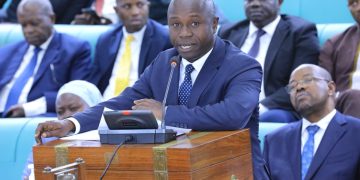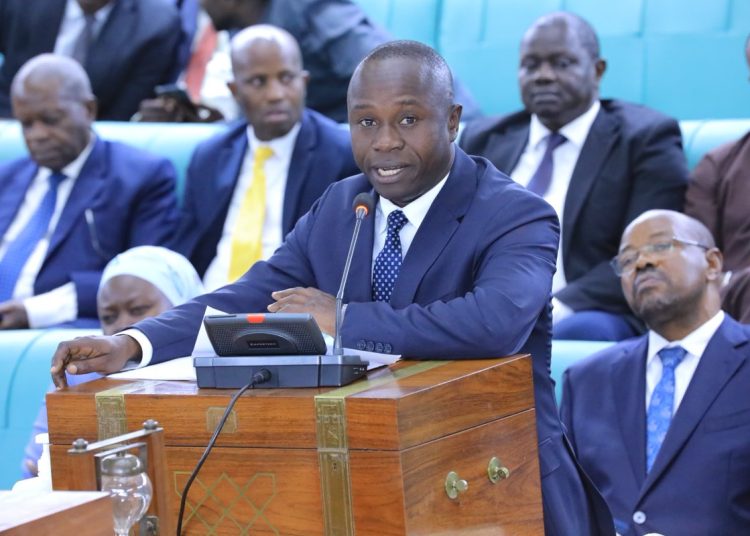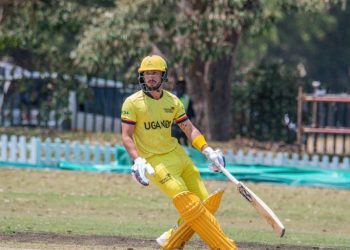On Thursday, December 19, Uganda’s Parliament passed the National Sports Amendment Bill, 2024, in an urgent move to align the country’s anti-doping regulations with the World Anti-Doping Code.
The amendments reaffirm the independence of the National Anti-Doping Organisation (NADO) to ensure compliance with international standards and safeguard the country’s participation in global sports competitions.
The expedited legislation, tabled by the Minister of State for Sports, Hon. Peter Ogwang, during a plenary session, follows warnings from the World Anti-Doping Agency (WADA).
WADA had flagged gaps in the National Sports Act, 2023, citing potential domestic interference in the operations of NADO. The agency threatened to ban Ugandan athletes from international events if the law was not urgently updated.
Hon. Ogwang, in his address to Parliament, highlighted the critical need for the amendments, urging members to bypass the usual legislative procedures to address the pressing issue.
“The justification for this urgency is to align the National Sports Act with the World Anti-Doping Code and UNESCO’s International Convention against Doping. Failure to act would risk Uganda losing hosting rights for CHAN and AFCON and bar our athletes from participating in international competitions,” Ogwang explained.
The amendments explicitly guarantee the independence of NADO from any institutional or individual interference, a key requirement under the World Anti-Doping Code.
Attorney General Kiwanuka Kiryowa elaborated on the shortcomings of the original legislation, stating, “When the National Sports Act was sent to WADA for approval, they highlighted the need for clarity on NADO’s independence and demanded specific provisions adopting the World Anti-Doping Code into Ugandan law.”
The amendments consist of four clauses addressing these critical concerns. They explicitly state that NADO will operate autonomously and enshrine the adoption of WADA’s anti-doping protocols into Ugandan legislation.
However, the urgency of the Bill drew criticism from some lawmakers. Jonathan Odur (Erute South) accused the government of rushing the process.
“Even when the matter is urgent, proper procedures must be followed. Parliament should not be treated as a rubber stamp,” Odur argued, questioning the justification for bypassing the Education Committee.
Despite the pushback, the Bill was passed in a single sitting, with broad acknowledgment of the importance of protecting Uganda’s international sports reputation.





























